If women ruled the world, would it be less warlike and more peaceful?
Yet the surprising fact is that in the “civilized, modern, feminist” countries like the United States, China, Russia, Japan and France, no woman has ever been given the opportunity to become the head of state.
It may be naive to imagine an “ideal world” based solely on gender.
Let us take a quick look at the positive and negative aspects of some prominent women rulers who have run the affairs of the state despite unfavorable circumstances.
Bandaranaike: Sri Lanka
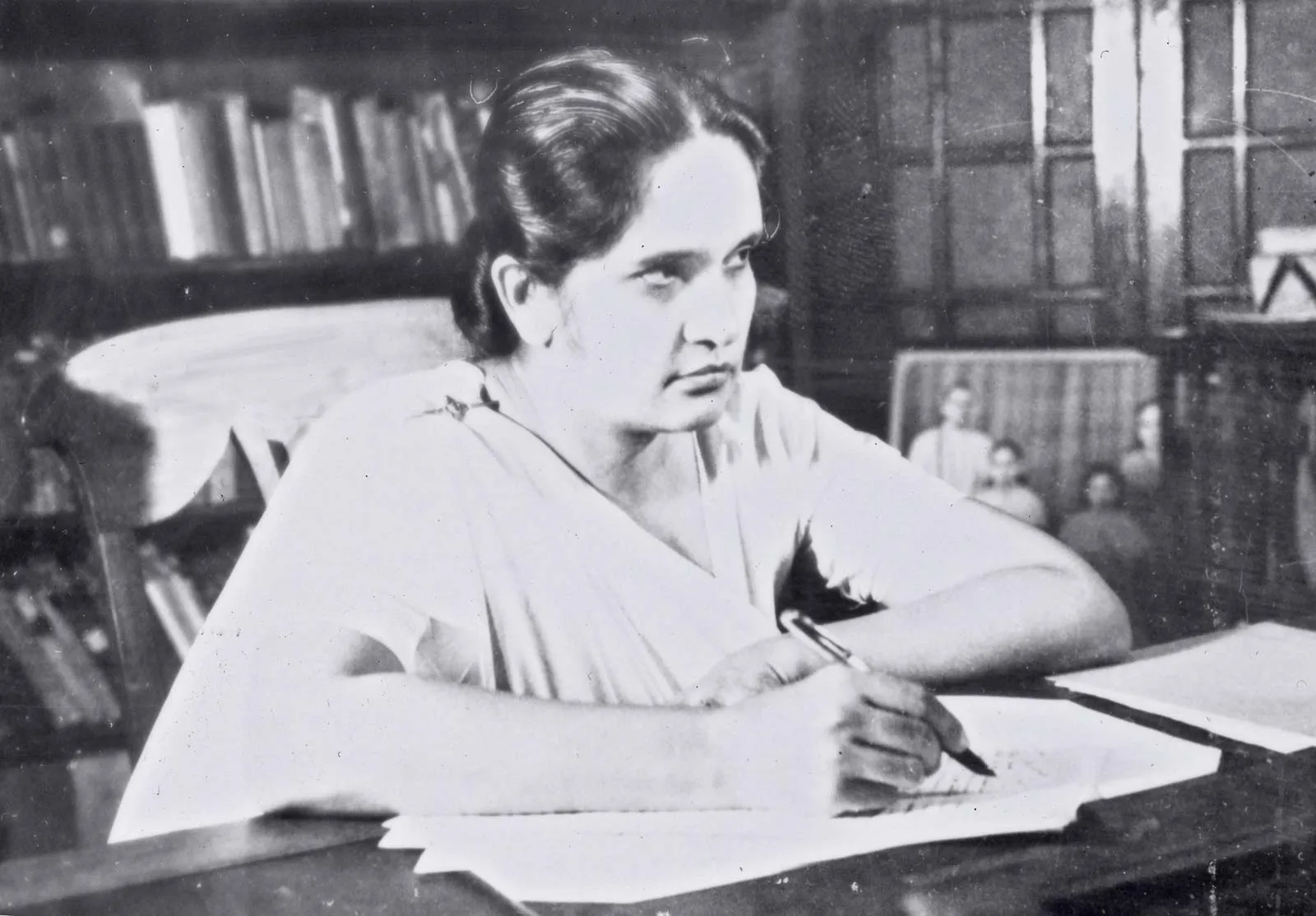
Not only Sri Lanka but the world has the honor of being the first female Prime Minister.
She began the democratic struggle after the assassination of her husband, former Prime Minister Solomon Bandaranaike.
She was elected Prime Minister 3 times. Education, health and a neutral foreign policy were her notable achievements. But her tenure also laid the foundation for Sinhalese nationalism, the beginning of Tamil riots, economic decline and civil war.
Indira Gandhi: India
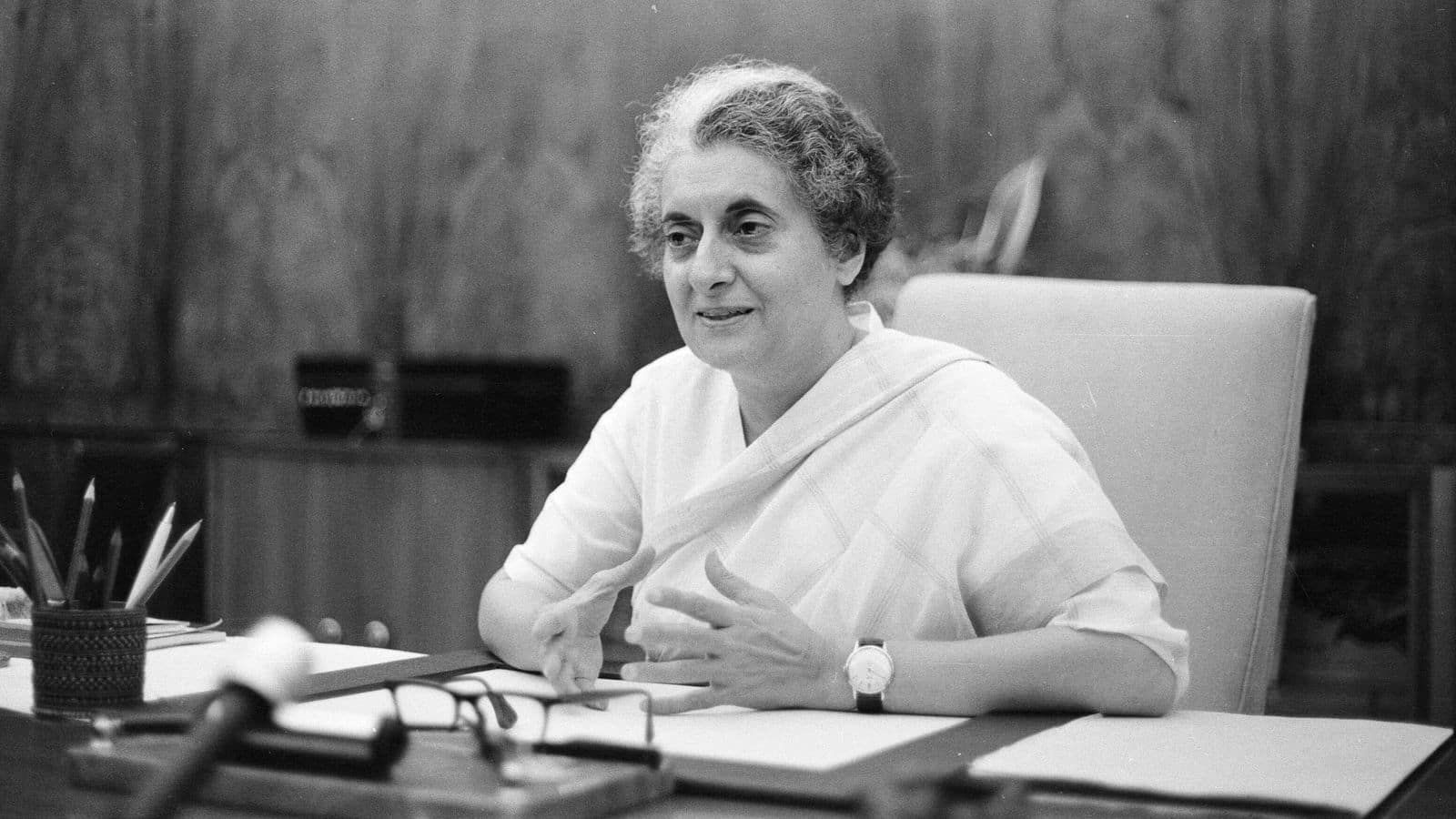
Made bold decisions like national power, nuclear program, 1971 war and nationalization of banks. But the imposition of emergency in the first period, forced sterilization, while in the second period, the brutal massacre of Sikhs in large numbers, and Operation Blue Star gave her reign an authoritarian color.
Despite being the most powerful female leader in the world, she is also called the worst ruler in many ways.
Golda Meir: Israel
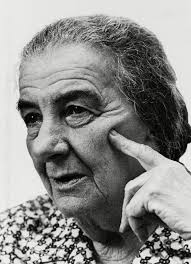
This leader, known as the “Iron Lady”, had strong wills, but the denial of the rights of the Palestinian people and the intelligence failure of the Yom Kippur War led to her resignation.
Margaret Thatcher: United Kingdom
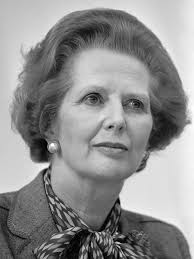
The first head of Britain whose arrival was a breeze of good news for the first two years, but the power of power made her a terrible dictator.
Tough economic reforms, British leadership in the Falklands War and took tough measures against labor unions. Her policies led to a deep political division in the country that Britain still suffers from today.
Corazon Aquino: Philippines
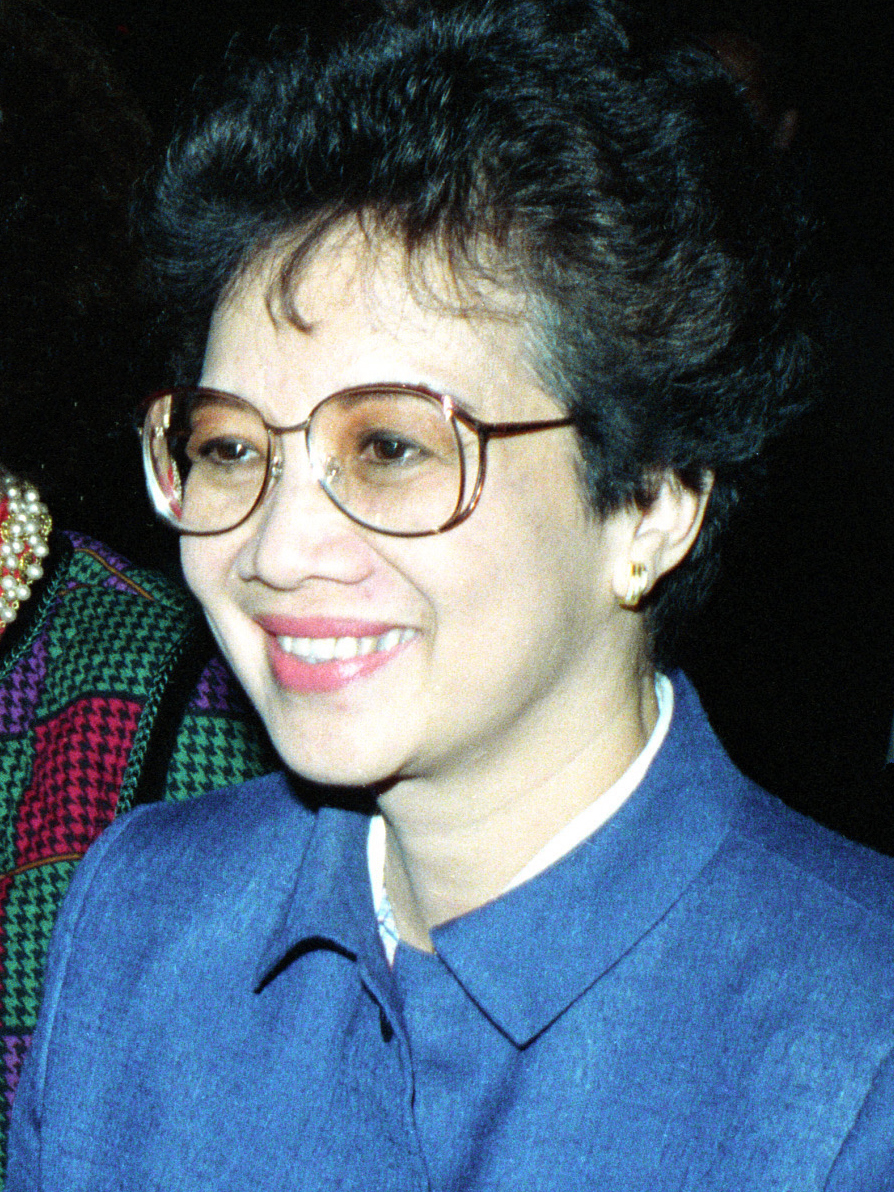
Entered politics after the assassination of her husband, Ninoy Aquino, a staunch opponent of dictator Ferdinand Marcos, and became a symbol of the movement against dictatorship.
Restored democratic institutions and international prestige. Implemented agrarian reforms, but military and communist coups affected economic activity, which challenged her leadership. She was given the title of “Mother of Democracy”.
Benazir Bhutto: Pakistan
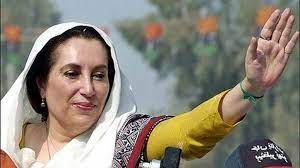
The world’s first Muslim female prime minister. After the forced dismissal and execution of her father, the former prime minister, she continued to peacefully struggle for the restoration of democracy and was eventually elected as the country’s prime minister twice, but her government was dismissed prematurely both times due to military coups and political maneuvering.
Women’s education, health and social reforms were included in her agenda, but in both periods she was accused of corruption and her rule was tarnished by spreading political chaos. Finally, in 2007, the country’s leading politician was assassinated. Although her reign was short-lived, Pakistan’s bright and positive image was highlighted in the world.
Violeta Chamaro: Nicaragua
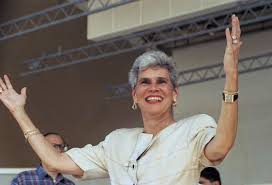
She was primarily a housewife, but after the assassination of her husband, who was the worst opponent of the dictator at the time, “Samoza”, she entered politics and became the first female president of the Latin American country of Nicaragua.
A fearless, moderate and conciliatory leader. During her tenure, the civil war ended, democracy was restored, and women’s participation in politics increased, but there was some weakness in economic management, but her 7-year tenure was overall excellent and commendable.
Khaleda Zia: Bangladesh
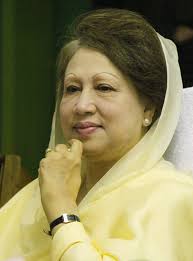
Led the democratic process after the end of the military dictatorship, but later her politics became based on family interests, political revenge, and institutional weakness.
Tansu Çeller: Turkey
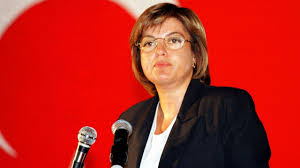
Turkey’s first female prime minister. Despite being an expert in economics, political instability, a hardline policy against the Kurds, and corruption affected her power.
Sheikh Hasina Wajid: Bangladesh
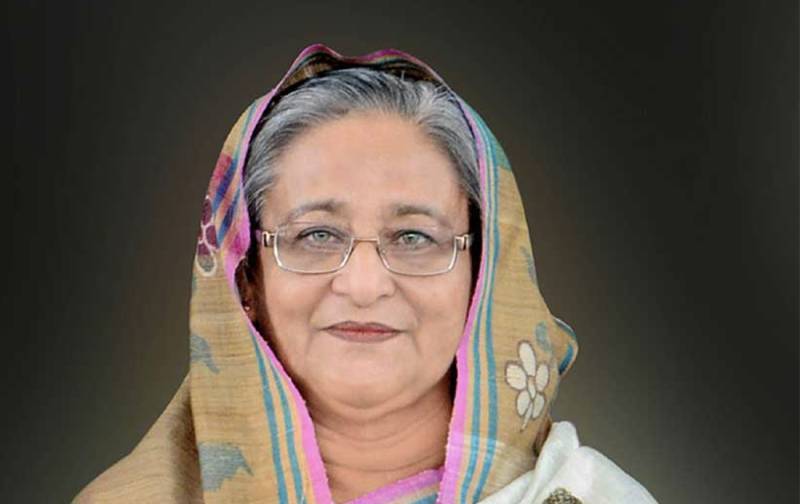
The only child of Bangladesh’s father of the nation, “Sheikh Mujib”, who was spared assassination. Development projects, women’s education, and economic stability are prominent reflections of her leadership.
But she was also severely criticized for her authoritarianism, state repression, and harsh treatment of political opponents. Due to the authoritarian rule, Hasina Wajid was forced into exile in 2024 due to nationwide protests.
Megawati Sukarnopatri: Indonesia
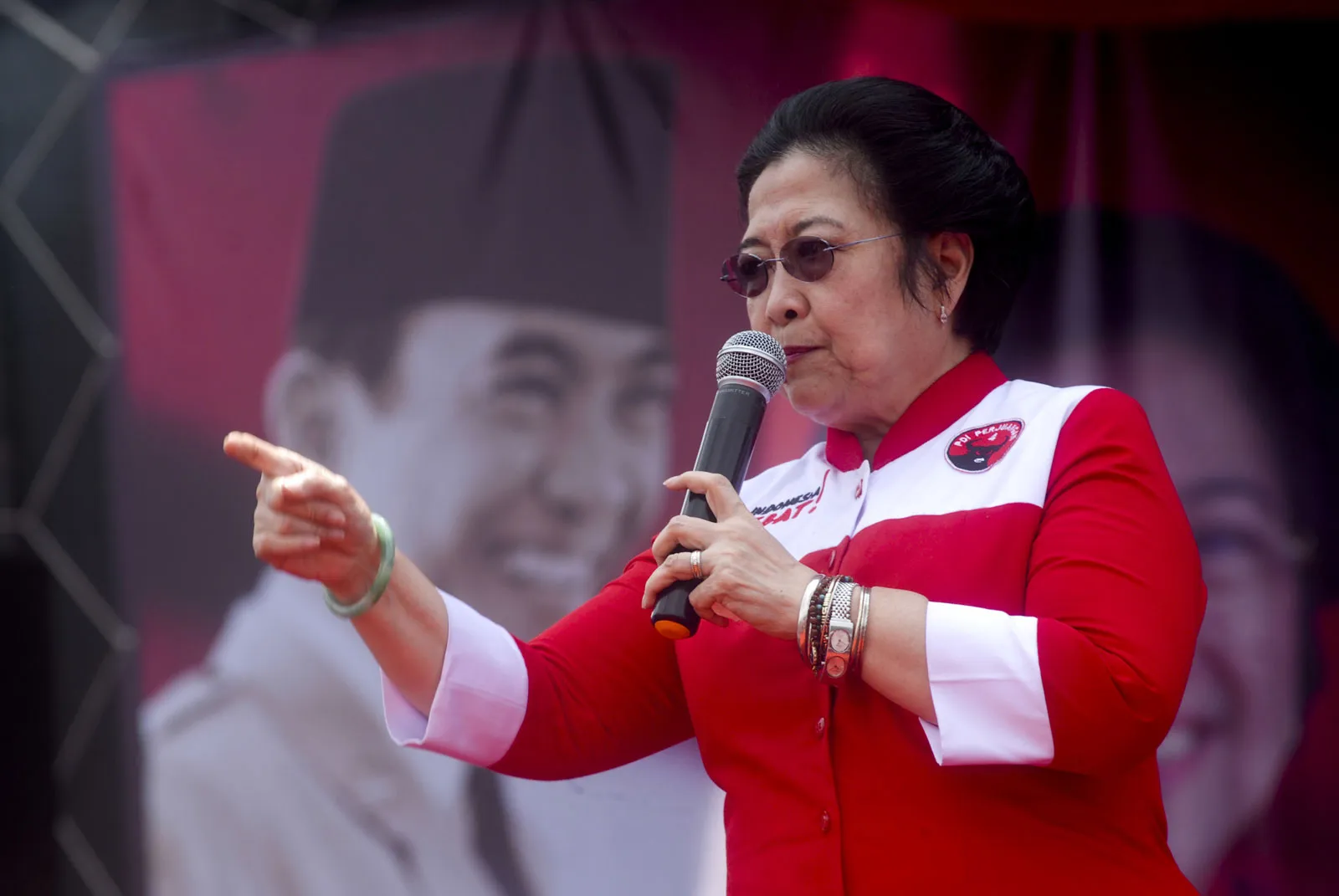
The daughter of President Sukarno, who fought a peaceful democratic struggle until the resignation of dictator Suharto and was elected the first female president of Indonesia.
Her role in restoring democracy was significant, but the supremacy of the military remained hidden. As a result, the economy remained sluggish under her leadership and corruption could not be controlled.
Gloria Macapagal Arroyo: Philippines
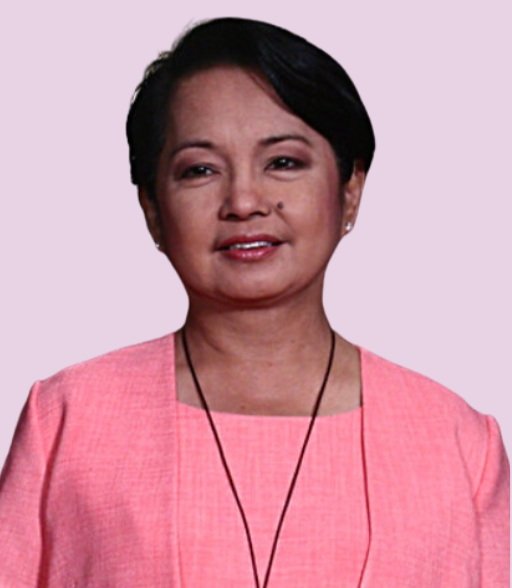 She served two consecutive terms as president. She advocated economic reforms, political stability, improved education and health, and successful international diplomacy, but electoral corruption, corruption, and restrictions on expression of opinion affected her reputation.
She served two consecutive terms as president. She advocated economic reforms, political stability, improved education and health, and successful international diplomacy, but electoral corruption, corruption, and restrictions on expression of opinion affected her reputation.
She had to spend several years under house arrest and prison by court decision.
Angela Merkel: Germany
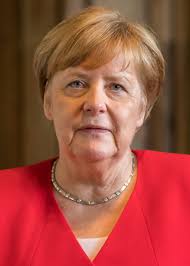
Germany’s first female Chancellor, who was not only considered the most powerful woman in Europe, but was also considered a symbol of rational leadership, moral fortitude and quiet stability. Sheltering one million refugees, providing a bailout package to crisis-ridden countries of the European Union, developing science and technology to stabilize the German economy, and in a pandemic like Covid, Angela Merkel emerged as a strong leader.
Merkel will always be an example for the rulers of the world.
Michelle Bachelet: Chile
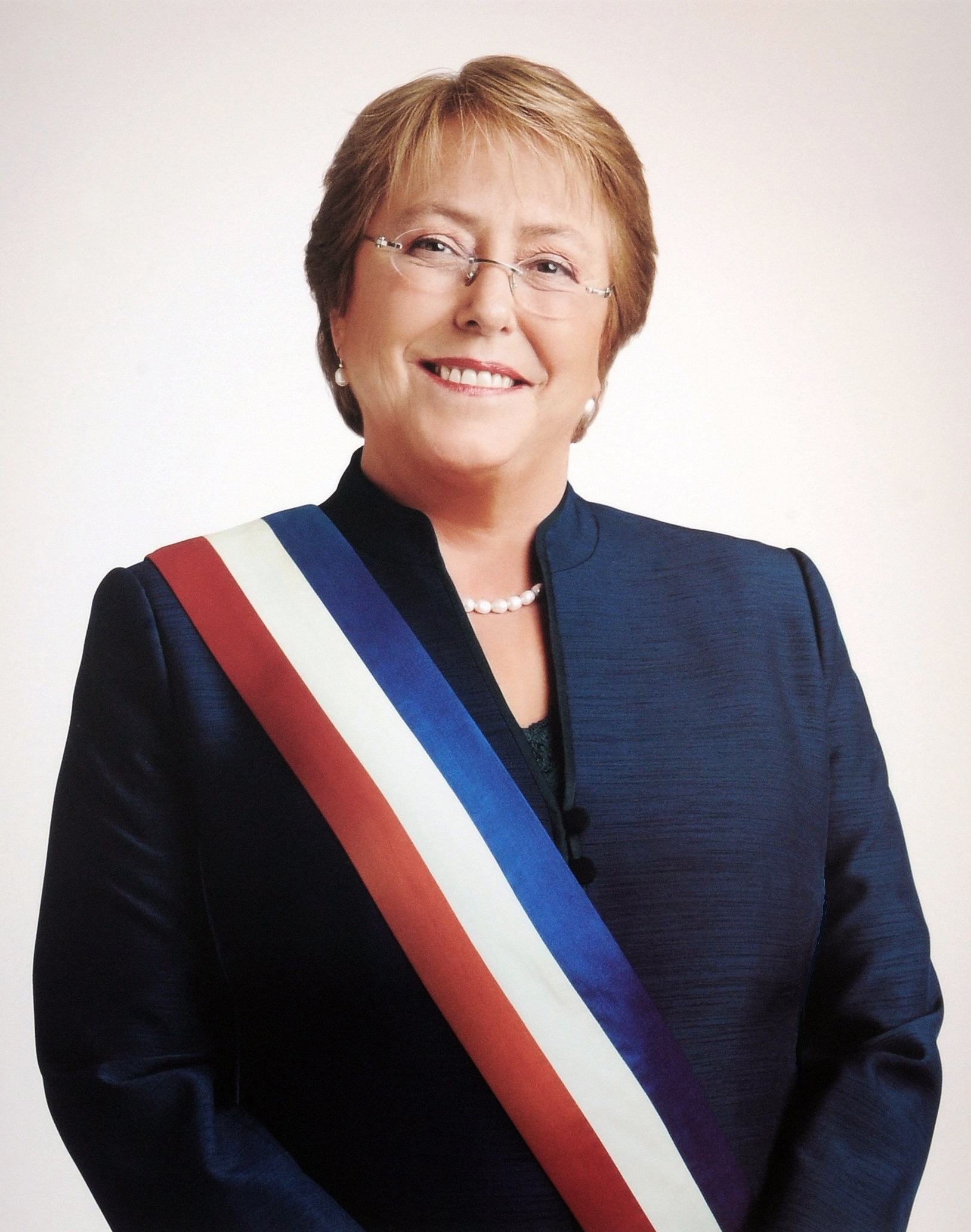
Chile’s first female president who was elected as the country’s head of state twice. As the head of education, health and women’s rights, she rendered valuable services. She also became a symbol of resistance against military dictatorship, but in her second term, allegations of corruption against her son reduced her political stature.
Overall, her role was positive.
Ngwe Luk Shinawatra: Thailand
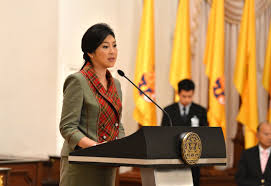
Thailand’s first female prime minister, who had policies that were favorable to farmers, but corruption and a military coup overthrew her government.
Park Geun-hye: South Korea
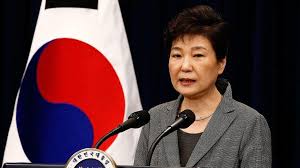
The daughter of former President Park Chung-hye and the first female president of South Korea, she abused her power and set a precedent of corruption during her tenure, which led to millions of people protesting.
In 2017, she was removed from office by a court order after being impeached in parliament.
Jacinda Ardern: New Zealand
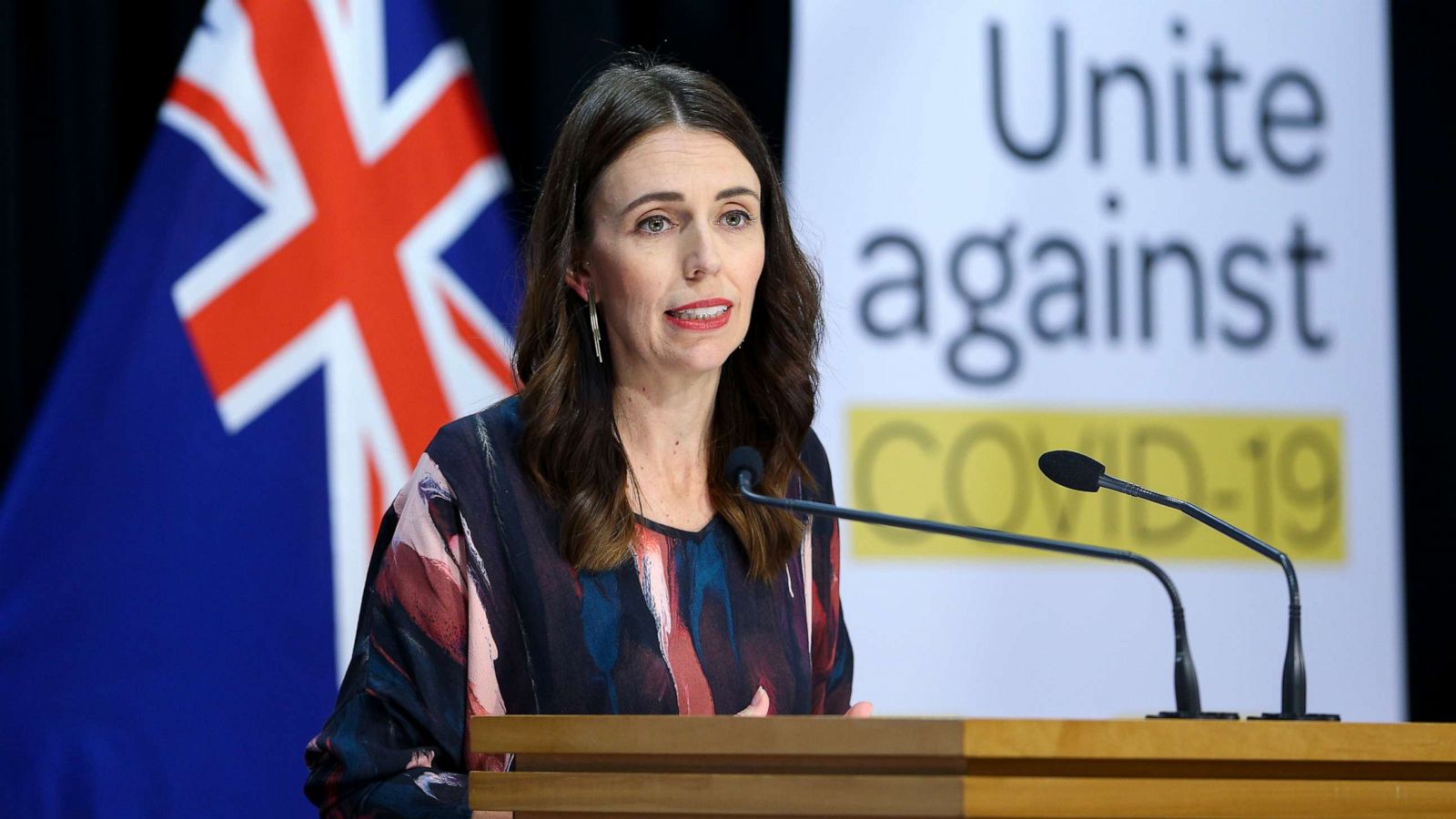
Jacinda Ardern is one of the youngest female leaders in the world, who assumed the position of Prime Minister at a very young age. She was 37 years old when she was sworn in as the 40th Prime Minister of New Zealand. She is said to be a woman who demonstrates friendship, compassionate leadership and patience in crises.
Her leadership during the Corona epidemic, the Christchurch attacks and environmental challenges was appreciated globally. She became a metaphor for soft leadership in modern history.
It is not true to say that women’s rule is a complete guarantee of peace or justice. Women can also be involved in power games, political intrigue and corruption. But when a woman becomes a ruler, she is expected to prioritize dialogue over war, welfare over oppression, and humanity over ego as much as possible.
However, the consequences of women leaders who have adopted the path of force, militarism and oppression have also been dire.
The need of the hour is that women’s leadership should not be seen as an “alternative” but as a “necessity”. Only equal participation of women in political, social and economic decisions can make the world more balanced and peaceful.










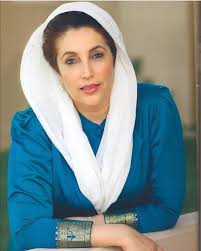






 Quizzes
Quizzes


